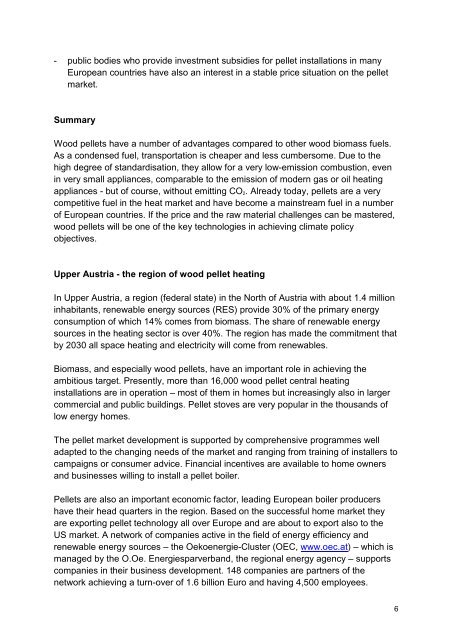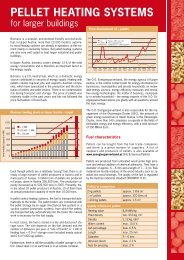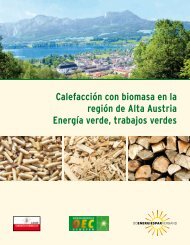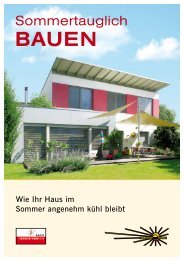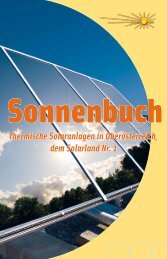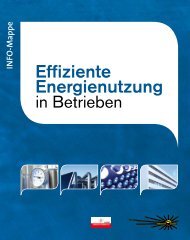Key Issues for Wood Pellet Market Development
Key Issues for Wood Pellet Market Development
Key Issues for Wood Pellet Market Development
Create successful ePaper yourself
Turn your PDF publications into a flip-book with our unique Google optimized e-Paper software.
- public bodies who provide investment subsidies <strong>for</strong> pellet installations in many<br />
European countries have also an interest in a stable price situation on the pellet<br />
market.<br />
Summary<br />
<strong>Wood</strong> pellets have a number of advantages compared to other wood biomass fuels.<br />
As a condensed fuel, transportation is cheaper and less cumbersome. Due to the<br />
high degree of standardisation, they allow <strong>for</strong> a very low-emission combustion, even<br />
in very small appliances, comparable to the emission of modern gas or oil heating<br />
appliances - but of course, without emitting CO 2. Already today, pellets are a very<br />
competitive fuel in the heat market and have become a mainstream fuel in a number<br />
of European countries. If the price and the raw material challenges can be mastered,<br />
wood pellets will be one of the key technologies in achieving climate policy<br />
objectives.<br />
Upper Austria - the region of wood pellet heating<br />
In Upper Austria, a region (federal state) in the North of Austria with about 1.4 million<br />
inhabitants, renewable energy sources (RES) provide 30% of the primary energy<br />
consumption of which 14% comes from biomass. The share of renewable energy<br />
sources in the heating sector is over 40%. The region has made the commitment that<br />
by 2030 all space heating and electricity will come from renewables.<br />
Biomass, and especially wood pellets, have an important role in achieving the<br />
ambitious target. Presently, more than 16,000 wood pellet central heating<br />
installations are in operation – most of them in homes but increasingly also in larger<br />
commercial and public buildings. <strong>Pellet</strong> stoves are very popular in the thousands of<br />
low energy homes.<br />
The pellet market development is supported by comprehensive programmes well<br />
adapted to the changing needs of the market and ranging from training of installers to<br />
campaigns or consumer advice. Financial incentives are available to home owners<br />
and businesses willing to install a pellet boiler.<br />
<strong>Pellet</strong>s are also an important economic factor, leading European boiler producers<br />
have their head quarters in the region. Based on the successful home market they<br />
are exporting pellet technology all over Europe and are about to export also to the<br />
US market. A network of companies active in the field of energy efficiency and<br />
renewable energy sources – the Oekoenergie-Cluster (OEC, www.oec.at) – which is<br />
managed by the O.Oe. Energiesparverband, the regional energy agency – supports<br />
companies in their business development. 148 companies are partners of the<br />
network achieving a turn-over of 1.6 billion Euro and having 4,500 employees.<br />
6


